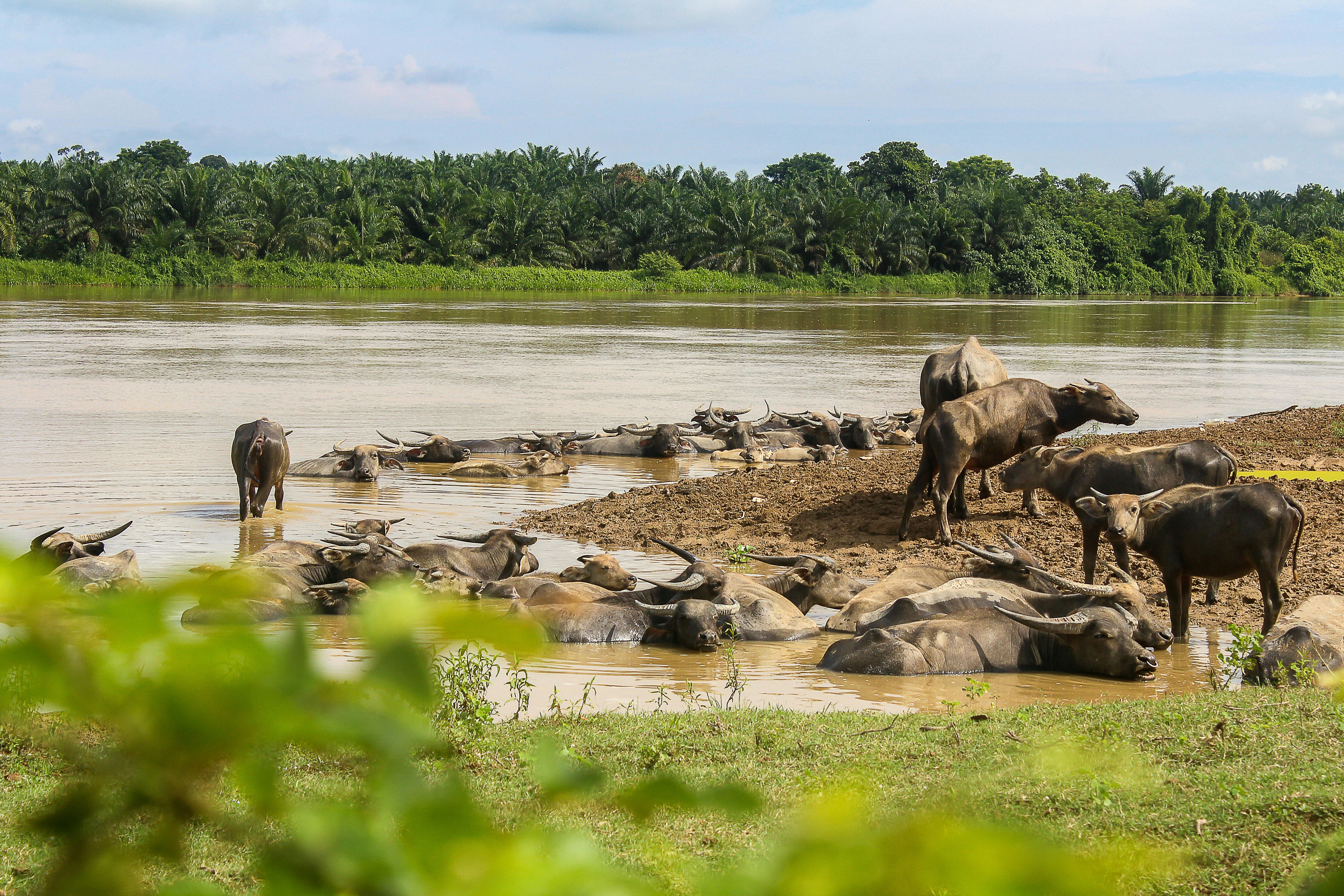Week 41: Conservation Finance News
Malaysia Biodiversity Centre to Enhance Conservation Efforts by 2030
The Malaysia Biodiversity Centre (MBC) will be established in Kuala Lumpur next year to enhance biodiversity management, with operations by 2030. Announced by Minister Nik Nazmi Nik Ahmad at the 2024 National Biodiversity Conference, the MBC will focus on research, standards, and policy. Malaysia is committed to expanding protected areas and resolving human-wildlife conflicts. The conference, with over 150 attendees, emphasized strategies and community empowerment under the National Policy on Biological Diversity 2022-2030. Click here to learn more.
Paya Indah Wetlands to be upgraded as ecotourism destination through government-private partnership
The federal and Selangor governments, along with Gamuda Land, have agreed to upgrade Paya Indah Wetlands into an ecotourism site until 2037, with Gamuda Land managing. Perhilitan will handle wildlife conservation, while Selangor keeps the land. A committee will oversee policy and implementation, aiming to promote sustainability and education. To learn more, you can click here.
New approach for managing human-elephant conflict by BORA and RESPECT
BORA and RESPECT are addressing human-elephant conflicts in Malaysia by creating feeding areas with appealing grass to divert elephants from plantations. Since 2021, this initiative at Tabin Wildlife Reserve encourages elephants to use these areas instead of harming oil palm plantations. The next step is convincing forestry departments and landowners to allocate small land areas for this strategy. Click here to learn more.
Perak defends quarrying at Segari Melintang Forest Reserve amid environmental concerns
Perak Menteri Besar assured local safety won't be affected by de-gazetting the Segari Melintang Forest Reserve for quarrying, following consultations and an Environmental Impact Assessment. He noted development requires sacrifices but ensures public well-being. NGOs like Sahabat Alam Malaysia oppose, citing conflict with the Manjung District Local Draft Plan 2030. To know more, you can click here.
Malaysia 2025 Budget: environmentalist green hopes
The article outlines environmentalists' hopes for Malaysia's 2025 budget, seeking tax exemptions for NGOs, more biodiversity funding, and support for climate adaptation. They urge investments in renewable energy, community ranger programs, and human-wildlife conflict strategies, focusing on sustainability and improved policies. To know more, you can click here.
Azerbaijan launch CFAF funded by fossil fuel producers and applied for COP17 Biodiversity
Azerbaijan has outlined its priorities for the upcoming COP29 climate conference, which it will host in Baku, by launching the Climate Finance Action Fund (CFAF) to support developing countries' climate goals and adaptation, funded by fossil fuel producers. Meanwhile, Azerbaijan has applied to host the 17th Conference of the Parties (COP17) to the UN Convention on Biological Diversity in 2026. To know more, you can click here and here.
Less countries on track to restore nature by 2030 ahead of COP16 Biodiversity, WWF said
WWF has launched a tracker to monitor countries' progress in implementing their national biodiversity plans. Only 10% of countries have submitted updated plans, and many plans lack funding, address drivers of nature loss, or have government-wide engagement. WWF urges countries to submit revised plans to halt biodiversity loss. To learn more, you can click here.
Compensation for lost protected areas (PA) falls short
This article highlights insufficient compensation for downgraded protected areas, impacting global biodiversity. Protected areas are vital for biodiversity and climate mitigation. Since the 1900s, many areas have been downgraded or degazetted (PADDD). Efforts to offset PADDD and create new protected areas rarely restore full biodiversity protection. Only 19% of affected land and 25% of marine areas have implemented PADDD offsets, with partial restoration even when combined with new protected areas. To learn more, click here.
Study finds nature is a top focus for sovereign investment
It discusses the importance of the nature and biodiversity data for investors regarding sovereign bonds. The sovereign bond market is worth $66 trillion and is important for many financial institutions. Nature and biodiversity data are becoming more important for investors, but there are data gaps that make it difficult to integrate nature-based solutions into investment strategies. Click here to learn more.
Advancing resilient nature-positive insurance
The Insurance Council of Australia and Ernst and Young (EY) Australia released a report named "Nature and Insurance Report 2024, where the insurance industry recognizes the critical role that nature plays. The report highlights how a healthy natural world provides essential services that reduce risks and sustain economies, impacting the insurance sector. It likely explores ways the insurance industry can adapt its practices to account for nature-related risks and opportunities. Click here to learn more.



